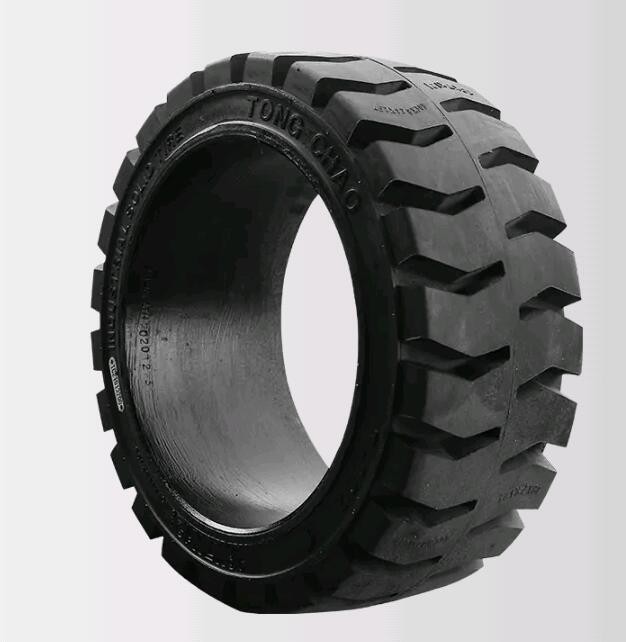Press-on solid tires are a crucial component in the material handling industry, offering significant advantages in durability, performance, and cost-effectiveness. Used predominantly on industrial vehicles such as forklifts, pallet jacks, and warehouse trucks, press-on solid tires have become an essential choice for many businesses involved in heavy-duty applications. This article explores the role of press-on solid tires, their advantages, and why they are often the preferred choice for material handling operations.
Solid tires can come in different hardness levels and are designed to absorb the impact from heavy loads, while also offering protection from punctures, abrasions, and wear. Given these properties, press-on solid tires have become the go-to solution for applications where reliability, durability, and low maintenance are paramount.
Material handling equipment such as forklifts, electric pallet jacks, and warehouse trucks rely heavily on tires to perform their tasks efficiently. These vehicles are used to move heavy goods over concrete or warehouse floors, often in demanding environments where factors like wear and tear, exposure to oils or chemicals, and long operational hours come into play. Press-on solid tires provide a solution to these challenges, playing an important role in ensuring the operational efficiency and longevity of material handling equipment.
By using solid tires, operators can rely on the equipment without worrying about flat tires, air pressure loss, or maintenance-related downtime. Furthermore, press-on solid tires ensure that the vehicle’s load-bearing capabilities are optimized, enhancing the safety and productivity of the material handling process.

https://www.zjtcgm.com/product/press-on-solid-tire/18x7x12-1-8-high-resilient-press-on-solid-tire.html
The Smooth profile provides a greater contact area with the work surface, offering better load distribution and increased stability. The larger footprint area creates better traction in most applications for starting and stopping.


